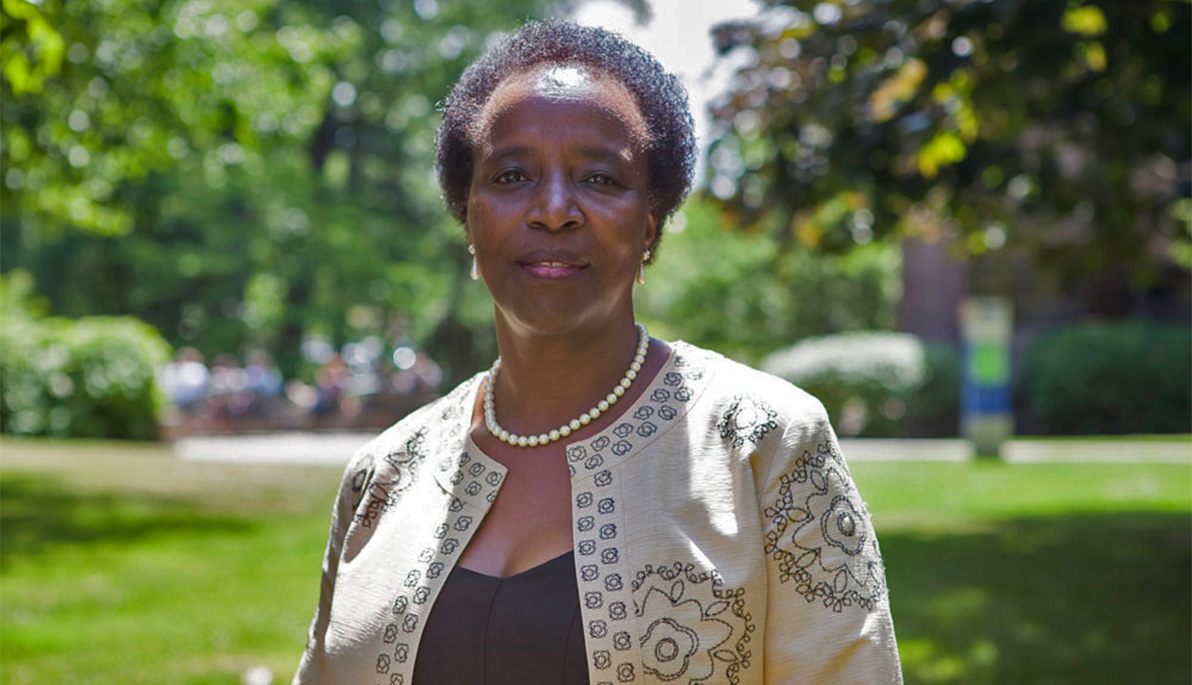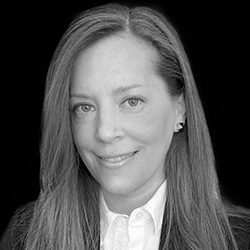News
Q&A with Lillian Niwagaba: Competing to Solve Global Health Issues
March 9, 2018
Lillian Niwagaba, Ph.D., director and assistant professor in the Center for Global Health sat down with The Box to talk about the upcoming International Emory Global Health Case Competition. Six NYIT students will be traveling to Emory University in Atlanta from March 15 to 18 to compete for a $6,000 prize. On March 10, the teams will be presented with a global health case and they will have until March 16 to come up with a solution. The winner will be announced on March 17.
Read more below to find out about the competition.
What is the International Emory Global Health Case Competition?
It is a unique opportunity for graduate and undergraduate students from multiple schools and disciplines to come together to promote awareness about and develop solutions for 21st century global health issues.
What are some of those health issues the world is facing today?
Refugee issues, viral outbreaks and pandemics, health workforce shortages in low-resource countries, eradicating malaria and other infectious diseases, HIV/AIDS and natural disasters, and other emergencies. Also, the resurgence of old diseases, like yellow fever, and the growing burden of non-communicable diseases, like diabetes, cancer, road traffic injuries, and cardiovascular disease.
You are no stranger to this competition. When you were at the University of Texas Southwestern Medical Center your team won the competition.
Yes, in 2014, the team won first place and the Participants Choice Award.
The teams’ challenge was the “WHO of the 21st Century” which required the students to reorganize the World Health Organization (WHO). At the time, it was criticized for being too bureaucratic, political, and slow to respond to emergencies of a global magnitude like the Ebola outbreak in West Africa and the cholera epidemic in Haiti. Also, their funding was becoming too complex and restricted to a few specific diseases and campaigns which would further hamper their capacity to respond to health emergencies and disasters. Our winning team proposed reforming donor processes, expanding the executive board to include non-governmental organizations, public health institutions, and faith-based organizations. Students leveraged their knowledge and expertise from organizational management, operational effectiveness, and medical knowledge to come up with specific initiatives that WHO could use to become more agile in a dynamic world.
Why is this competition important?
The tagline for the competition is “Connecting Students from Diverse Fields to Address a Global Health Challenge.” Students learn to solve real world problems from a multidisciplinary perspective using critical thinking and innovative analytical thinking, along with skills that are different from what they have learned in class and their own experiences. For us at NYIT, it is important because we get to showcase our students’ skills, knowledge, and competencies from the various schools to address real world global health problems.
Can you elaborate more on the interdisciplinary nature of the competition?
Global health is a multidisciplinary field. You need engineers to build water and sanitation systems and to develop innovative, low-cost equipment and other solutions for underserved communities. You need business majors to create business cases for community solutions; you need economists and financial analysts to conduct analyses and develop solutions that contribute to the development and modernization of communities in low resource environments; and of course you need medical professionals to provide community health solutions.
Who are the NYIT students who will be attending?
We have six students on the team: Hinali Syed from the School of Architecture and Design, Melanie Beyandi from the School of Management, Ajlan Okram from School of Engineering and Computing Sciences, and three students from NYIT College of Osteopathic Medicine: Justin Morris, Stanley Kailath, and Evan Walsh.
How many schools will be competing?
Only 24 teams from around the world get to participate and we are one of them.
What do you think NYIT’s chances are?
NYIT’s team chances are very high. We selected a team of students with diverse experiences, who are passionate about solving problems in underserved communities around the world, and who are very well prepared to compete at this level.
This interview has been edited and condensed.


_Thumb.jpg)


